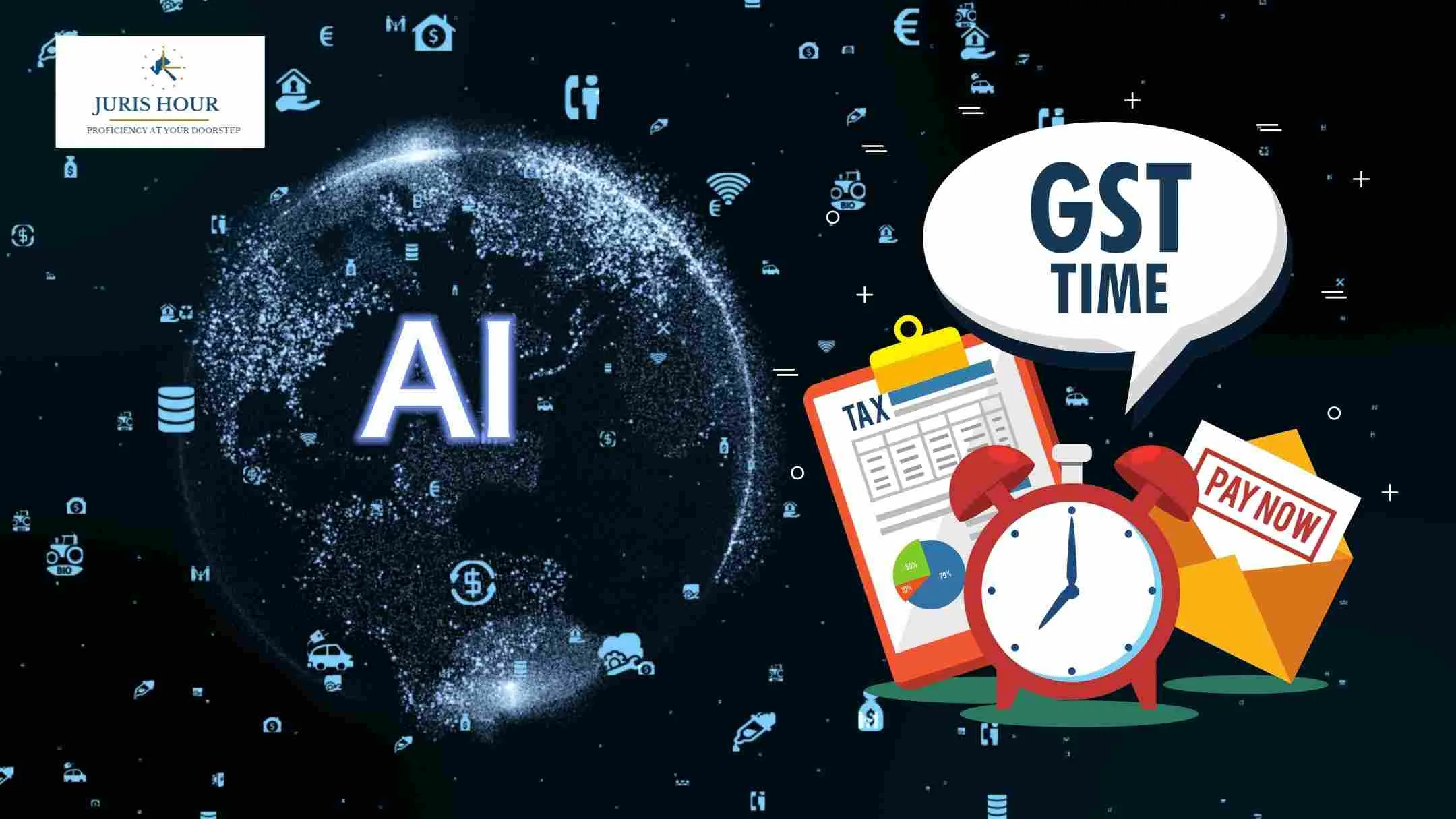In a dusty godown in Indore, 28-year-old trader Anuj frantically sifts through a mound of purchase invoices, trying to reconcile them with his GSTR-2B. His accountant mutters about “invoice mismatch” while a deadline looms on the GST portal.
Multiply this small chaos by 1.5 crore taxpayers, and one begins to grasp the scale of confusion India’s indirect tax ecosystem grapples with every month.
Launched in 2017 with the vision of “One Nation, One Tax,” the Goods and Services Tax (GST) was meant to streamline India’s complex tax regime. While the GST has indeed unified indirect taxation, its journey has been marked by complicated compliance protocols, massive data flows, refund delays, and a growing threat of tax fraud. The question now is: can Artificial Intelligence (AI) rescue GST from its operational quicksand?
India’s AI Moment: Not Just an Upgrade, but a Rethink
The short answer: not just yes—it’s a necessary yes. The integration of AI into India’s GST framework represents more than an enhancement. It’s a fundamental rethinking of how compliance, enforcement, and administration should work in the digital era.
AI promises to make the system more human-centric and less burdensome. It offers the opportunity to replace manual tedium with intelligent automation, helping overburdened officers and confused taxpayers alike.
What AI Can Do That We Can’t
AI isn’t magic—but it does feel magical in what it can accomplish. It spots patterns in mountains of data that human eyes would miss. It can:
- Pre-fill GST returns using historical and contextual data
- Flag suspicious transactions in real time
- Provide real-time refund status updates
- Assist in adjudication of disputes
- Automate routine tasks, freeing officials for critical analysis
This intelligence turns GST from a compliance headache into a system that works for both the government and businesses.
Smart Audits, Not Paper Overload
Indian tax officers often tread a fine line between ensuring compliance and not strangling businesses with red tape. With AI, risk-based intervention becomes possible. Officers don’t have to audit everyone—just the ones who actually need it.
Fewer forms, more transparency. Less bureaucracy, more clarity.
India’s Advantage: A Digital Head Start
India’s tax infrastructure may be complex, but it’s also uniquely poised for a leap forward. With Aadhaar-linked identities, a robust UPI-backed payment system, and a digitally engaged taxpayer base, India is better positioned than many other economies to integrate AI at scale.
India’s AI Footprint: Foundations Already Exist
India isn’t starting from scratch. The Directorate General of Analytics and Risk Management (DGARM) already uses AI to assign risk scores and detect anomalies. Platforms like BIFA, recently upgraded to GAIN, analyze past data to uncover behavioral trends.
Meanwhile, the Directorate General of GST Intelligence (DGGI) is using graph analytics tools to expose fake input tax credit (ITC) chains and shell companies. These digital detectives can map fraud rings across states with a speed and accuracy that no human team can match.
What the World Is Doing—And Why It Matters
India isn’t alone in this shift. Countries across the globe are racing to implement AI-powered tax systems:
- Australia’s ATO uses its “Smarter Data” platform to flag anomalies and trends.
- Singapore’s IRAS deploys AI chatbots for multilingual taxpayer support.
- UK’s HMRC applies machine learning to prioritize cases and resolve issues with digital assistants.
These global examples underscore the urgency for India to act—before inefficiencies erode public trust in the system.
The Road Ahead
India’s GST system stands at a crucial inflection point. The infrastructure exists. The need is pressing. The opportunity is enormous.
For traders like Anuj, AI could mean no more late-night invoice reconciliations. For tax officers, it could mean smart enforcement without burnout. And for India, it could finally mean a tax system that lives up to its promise: simple, seamless, and fair.

